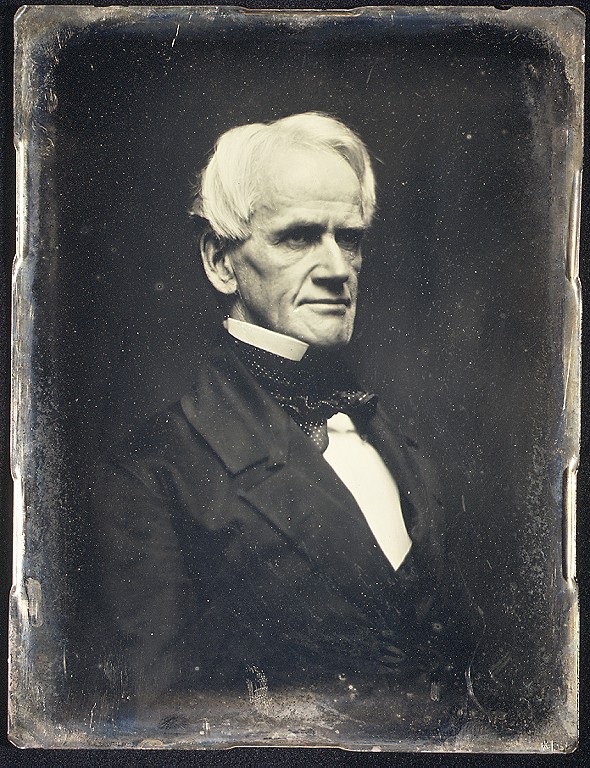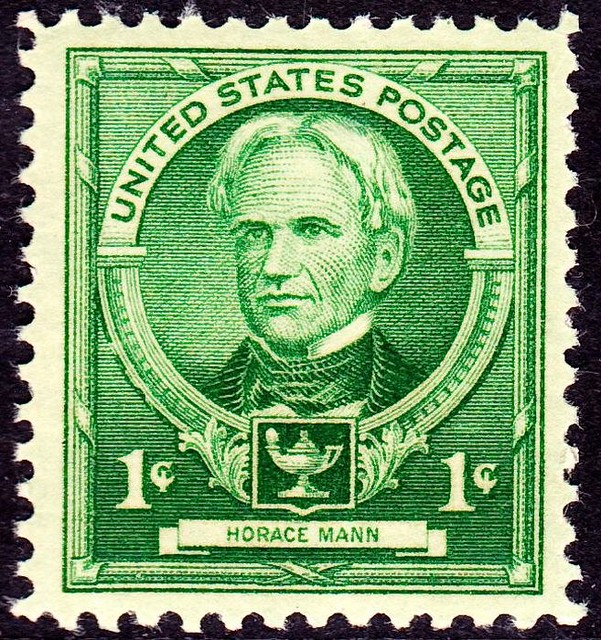Horace Mann, often called the Father of the Common School, began his career as a lawyer and legislator. When he was elected to act as Secretary of the newly-created Massachusetts Board of Education in 1837, he used his position to enact major educational reform. He spearheaded the Common School Movement, ensuring that every child could receive a basic education funded by local taxes. His influence soon spread beyond Massachusetts as more states took up the idea of universal schooling.

Mann believed that public schooling was central to good citizenship, democratic participation and societal well-being. He observed, “A republican form of government, without intelligence in the people, must be, on a vast scale, what a mad-house, without superintendent or keepers, would be on a small one.” The democratic and republican principals that propelled Mann’s vision of the Common School have colored our assumptions about public schooling ever since.
Mann was influential in the development of teacher training schools and the earliest attempts to professionalize teaching. He was not the first to propose state-sponsored teacher training institutes (James Carter had recommended them in the 1820s), but, in 1838, he was crucial to the actual establishment of the first Normal Schools in Massachusetts. Mann knew that the quality of rural schools had to be raised, and that teaching was the key to that improvement.
He also recognized that the corps of teachers for the new Common Schools were most likely to be women, and he argued forcefully (if, by contemporary standards, sometimes insultingly) for the recruitment of women into the ranks of teachers, often through the Normal Schools. These developments were all part of Mann’s driving determination to create a system of effective, secular, universal education in the United States.
According to pbs.org. Source of photos: internet








